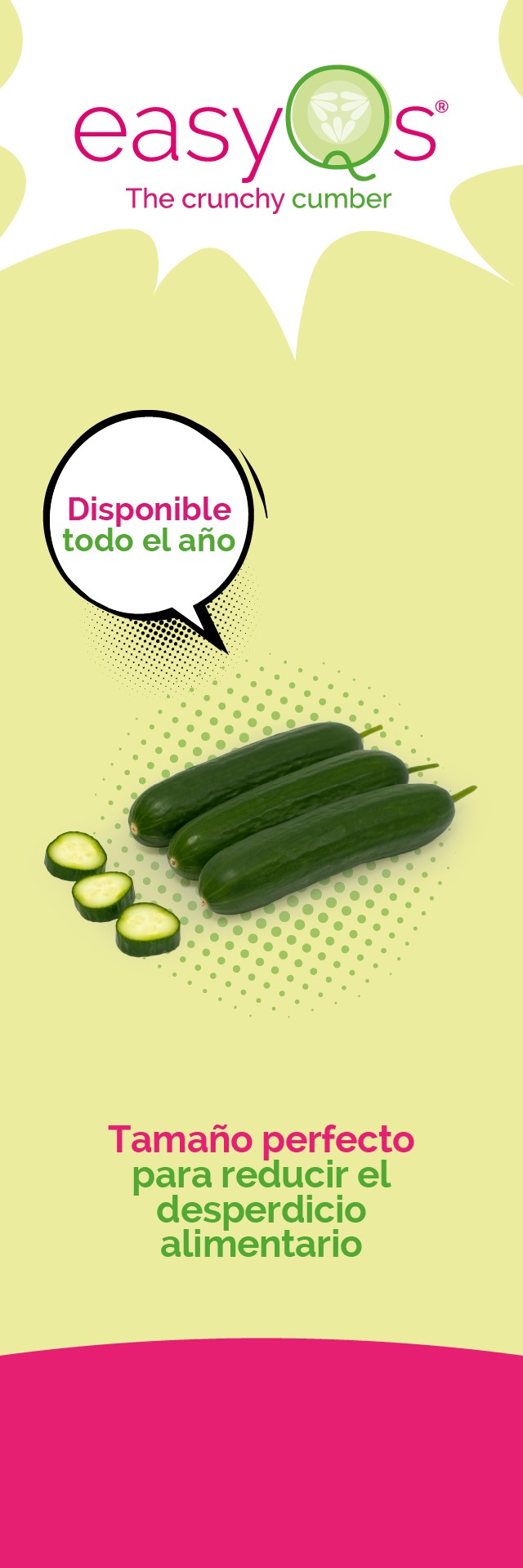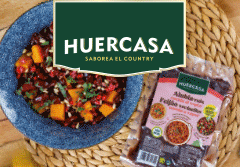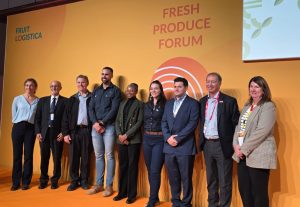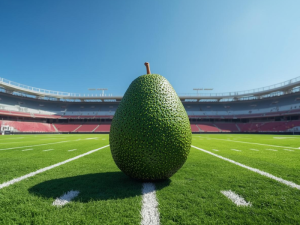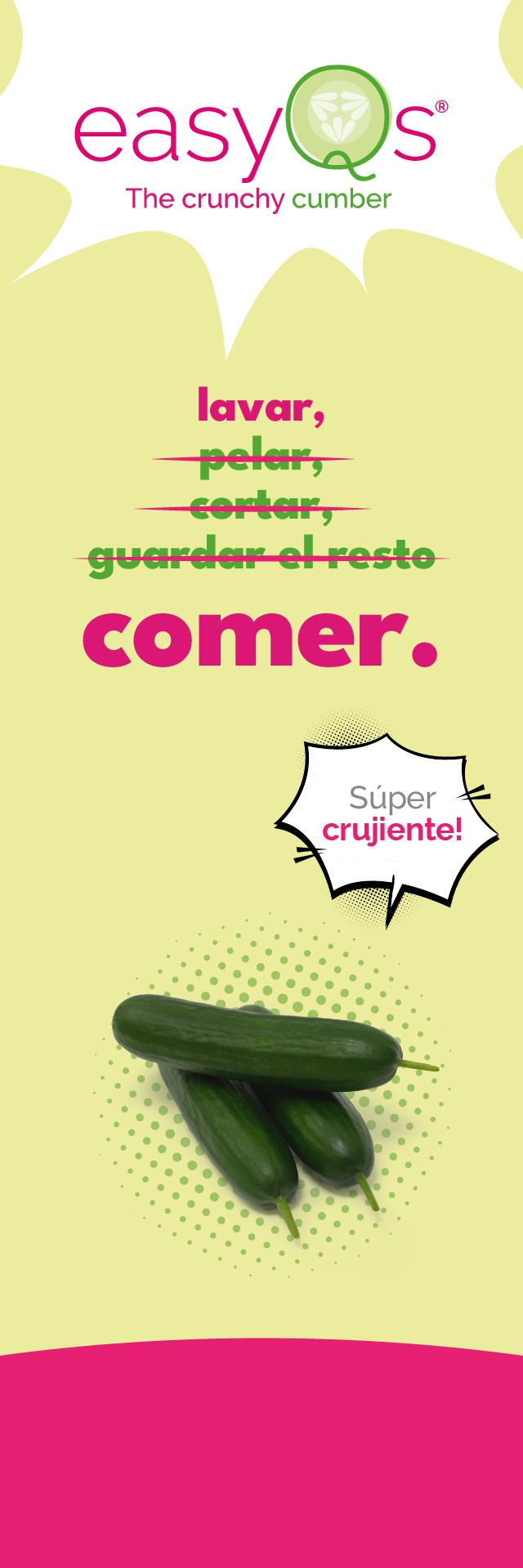This new facility, located in Pavilion F and equipped with 27 state-of-the-art cold rooms, will allow the company not only to optimise its logistics and increase storage capacity, but also to diversify its portfolio with new product lines. Specifically, Diego Martínez will expand its presence in categories such as berries, exotic fruits, leafy vegetables, potatoes, onions, and other high value-added imported products.
The new infrastructure will also support improvements in ripening control processes, particularly for fruits like mango and avocado, which require specific timing and temperatures to reach the consumer at their optimal ripeness. “We’re going to be able to treat the product with the care it deserves,” adds Diego Martínez, the company’s general manager.
“We’ve been growing for over a decade, and we believe this new warehouse will mark a turning point. It will allow us to work with product categories that we hadn’t handled before.”
Exotic fruit on the rise
Far from being a temporary move, the focus on exotic fruits responds to a clear market demand. “The consumer has evolved. Today, they can tell the difference between an air-shipped pineapple and one shipped by sea. They look for flavour, texture, perfect ripeness. And if they find it, they come back,” the executive explains. In this regard, products like air-shipped mangoes or imported papayas have multiplied their presence on shelves and are now purchased by a more informed and demanding customer profile.
RELATED NEWS: “Tropical fruits are booming in Spain”
Martínez notes that this kind of fruit is no longer exclusive to gourmet channels. “Households are now used to these products. They buy smaller quantities, but with more care—four pieces, but good ones. Sweet, aromatic, visually appealing. That’s the key to today’s consumption.”
A market without surplus
The 2025 season is proving to be a positive one for the company, both in volume and sales pace. The stone fruit campaign —with staggered origins in Huelva, Seville, Murcia, Aragón, and Lleida— has shown an agile and dynamic performance. “This year, there’s been no overlap between production areas, which has allowed for smooth marketing without saturating the market. Each origin has had its moment,” he notes.
Less competition from Greece and Turkey
The international context has also played in favour of the Catalan firm, which is highly specialised in Eastern European markets. Frosts in Turkey and Greece earlier this year significantly reduced both countries’ export offerings, opening a window that companies like Diego Martínez have seized. “We work a lot with Eastern Europe, where we traditionally compete with Greece and Turkey. This year their production dropped, and we’ve taken advantage of the opportunity,” he explains.
Martínez also sees a clear shift in buying habits. “Buying by the kilo is fading. Now, people buy by the piece, depending on how many are at home—three pears, four potatoes, a bunch of cherries. And those pieces have to be good,” he concludes.

